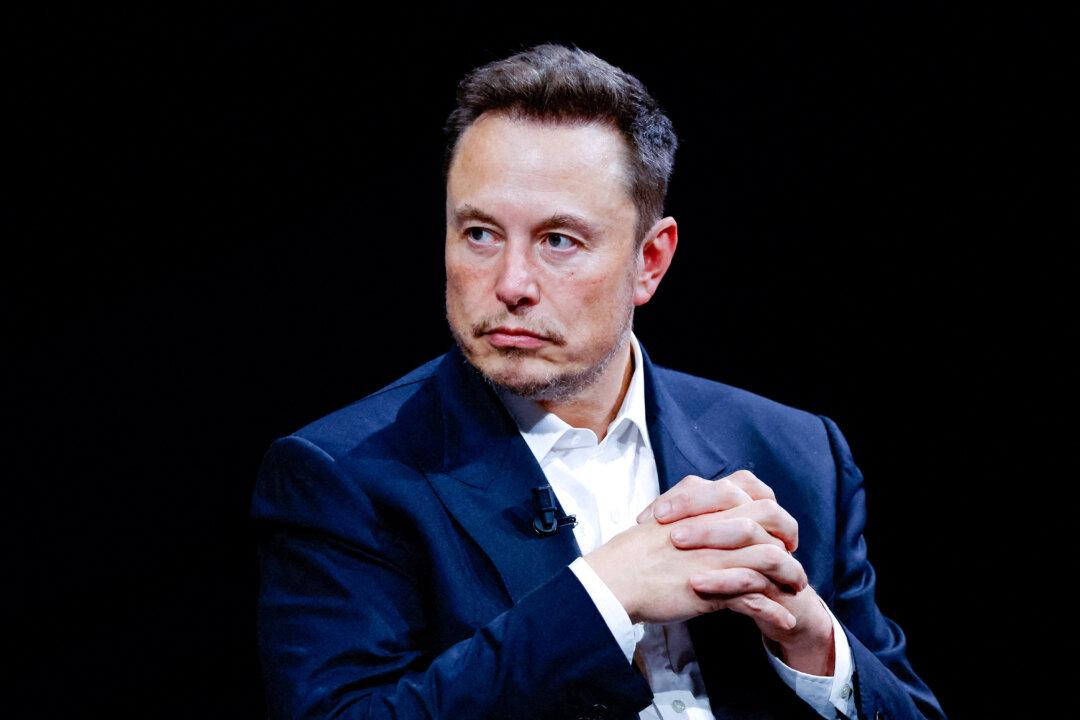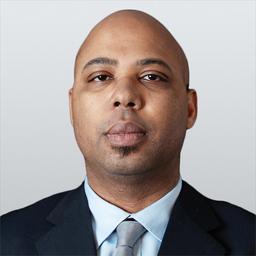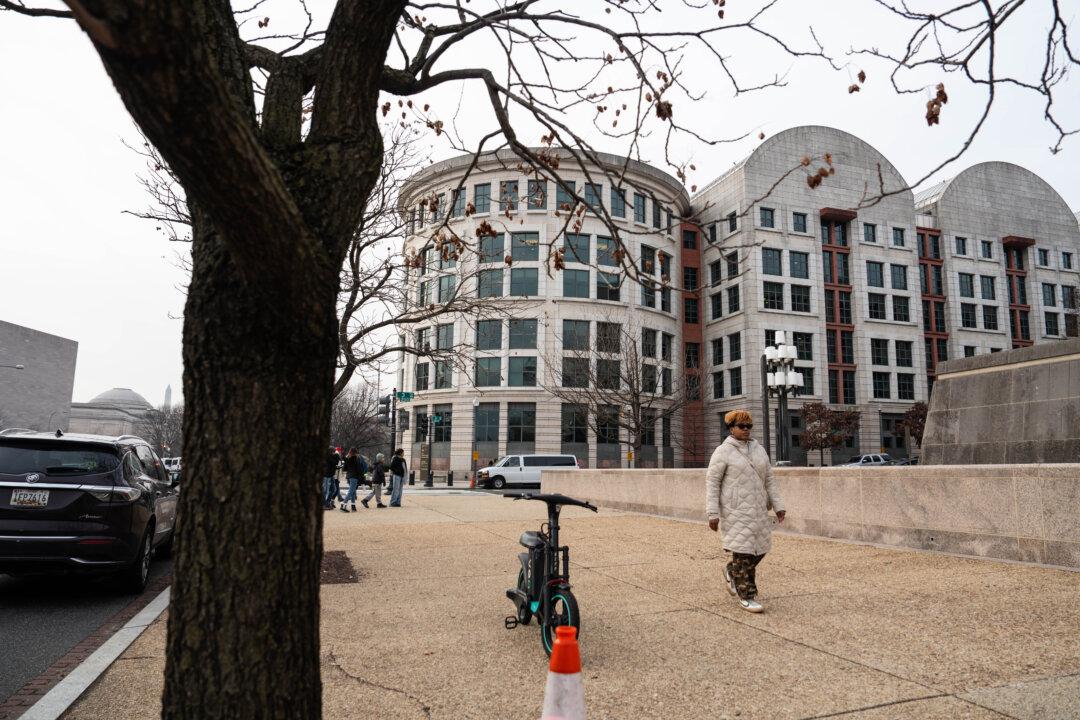A Delaware judge is set to decide if lawyers who successfully sued to stop Tesla CEO Elon Musk from claiming a $55 billion bonus from the company are entitled to $7.3 billion in legal fees.
If the judge, Chancellor Kathaleen McCormick, agrees to the proposed fee structure, it would be by far the largest legal payout in history. The nearest contender is the Enron case in 2008, in which attorneys’ fees amounted to $688 million.





